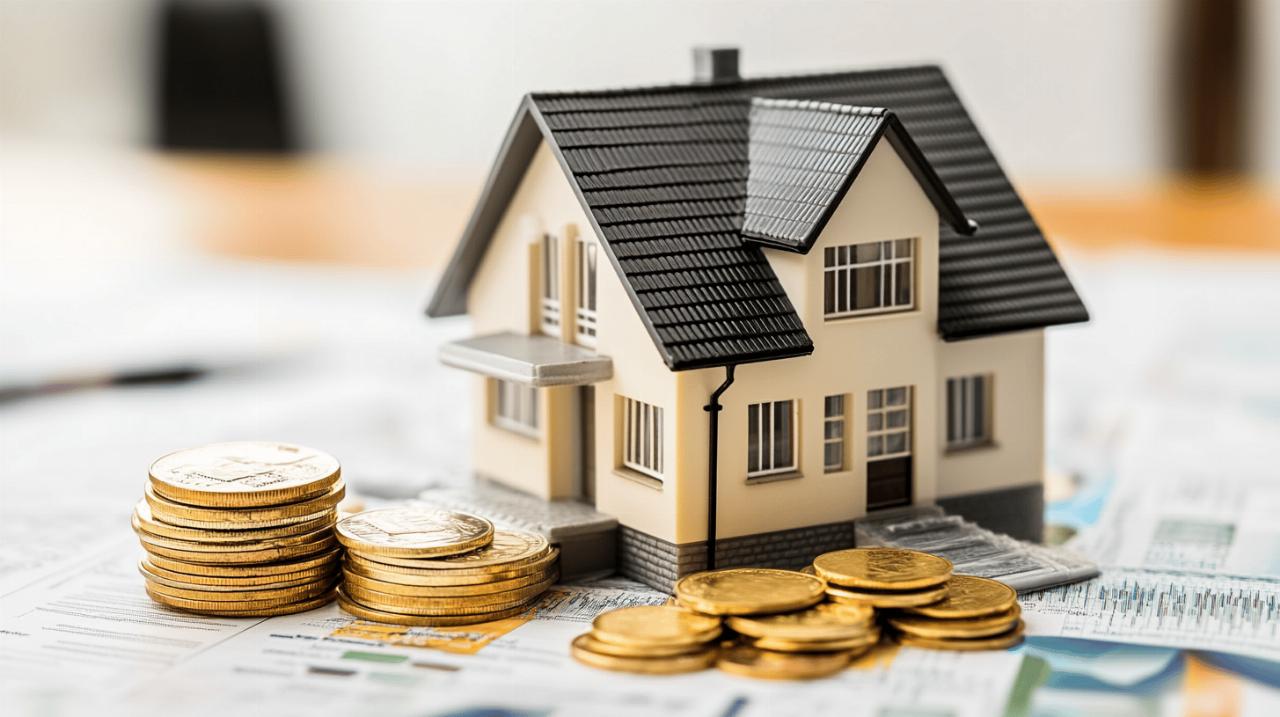Navigating the world of mortgage loans and property rights can feel like a complex maze for many people. Whether you're a first-time buyer or looking to remortgage, understanding the fundamentals is crucial to making informed decisions about what is likely to be the biggest financial commitment of your life. This guide aims to simplify the process and highlight the essential aspects you need to know.
Understanding mortgage loans
Mortgage loans are a specialized form of borrowing designed specifically for property purchases. In the final quarter of 2023, an astounding £1,657.6 billion was borrowed through residential mortgages in the UK, highlighting just how integral mortgages are to the property market. When exploring this website for information about mortgages, you'll find that the basic process remains similar across the UK and Channel Islands, though there are regional variations worth noting.
Types of Mortgage Products Available in the UK
The UK mortgage market offers a diverse range of products tailored to different financial situations and property goals. Fixed-rate mortgages provide certainty with unchanging monthly payments for a set period, typically between two and five years. Variable-rate mortgages, on the other hand, fluctuate based on economic conditions and the lender's standard variable rate. Tracker mortgages follow the Bank of England base rate with a predetermined margin added on top.
For investment purposes, buy-to-let mortgages are specifically designed for those purchasing property to rent out. First-time buyers might benefit from specialized products or government schemes like Shared Ownership, which allows purchasing a portion of a property while renting the remainder. The Mortgage Guarantee Scheme encourages lenders to offer higher loan-to-value mortgages, making homeownership more accessible for those with smaller deposits.
The application process and approval requirements
The journey to mortgage approval begins with assessing your financial situation. Lenders typically require a deposit of 10-20% of the property value, though this can vary. They evaluate affordability based on your income, existing debts, and cost of living expenses. Most lenders follow a similar process: pre-approval, formal application, underwriting, valuation, and finally, issuing a formal mortgage offer.
When preparing for a mortgage application, checking your credit score is essential as it significantly impacts your eligibility. Gathering necessary documentation beforehand can streamline the process – you'll need proof of identity, address history, employment details, income verification, and bank statements. Mortgage brokers can provide invaluable assistance by navigating the market for the best deals and helping with paperwork, particularly for those with complex income structures or unique circumstances.
Navigating Property Rights as a Homeowner
 Owning property extends beyond simply having a place to live; it involves a complex set of legal rights and responsibilities. Understanding these is crucial for protecting your investment and avoiding potential disputes. Property rights vary depending on whether you own a freehold or leasehold property, each coming with distinct legal implications.
Owning property extends beyond simply having a place to live; it involves a complex set of legal rights and responsibilities. Understanding these is crucial for protecting your investment and avoiding potential disputes. Property rights vary depending on whether you own a freehold or leasehold property, each coming with distinct legal implications.
Legal entitlements when you own a property
Freehold ownership is the most comprehensive form of property rights in the UK, giving you ownership of both the building and the land it stands on. This arrangement grants you the freedom to modify your property without seeking permission, subject to planning regulations and building codes. Freehold owners can also benefit from land value appreciation over time.
Leasehold ownership, common for flats and some houses, means you own the property for a specified period but not the land it stands on. Leaseholders must adhere to conditions set by the freeholder, including restrictions on alterations and potentially paying ground rent and service charges. Some leasehold properties come with a share of freehold, particularly in Victorian conversions, giving owners partial control over the building's management.
Responsibilities and Obligations of Property Ownership
Property ownership carries significant financial and legal obligations. Mortgage repayments are the most obvious financial commitment, with the stark reality that your home may be repossessed if payments are not maintained. Beyond this, property owners must pay council tax, utilities, and buildings insurance. Stamp Duty Land Tax is payable on most property purchases, though first-time buyers benefit from reduced rates up to £425,000.
Maintenance responsibilities differ between freehold and leasehold properties. Freehold owners are solely responsible for all aspects of property upkeep, from fixing roof tiles to maintaining guttering and addressing structural issues like subsidence. Leaseholders typically share responsibility for common areas and the building's exterior with other residents, managed through service charges. All property owners must comply with local regulations regarding renovations, particularly in conservation areas or for listed buildings, where special permissions may be required before making changes.
